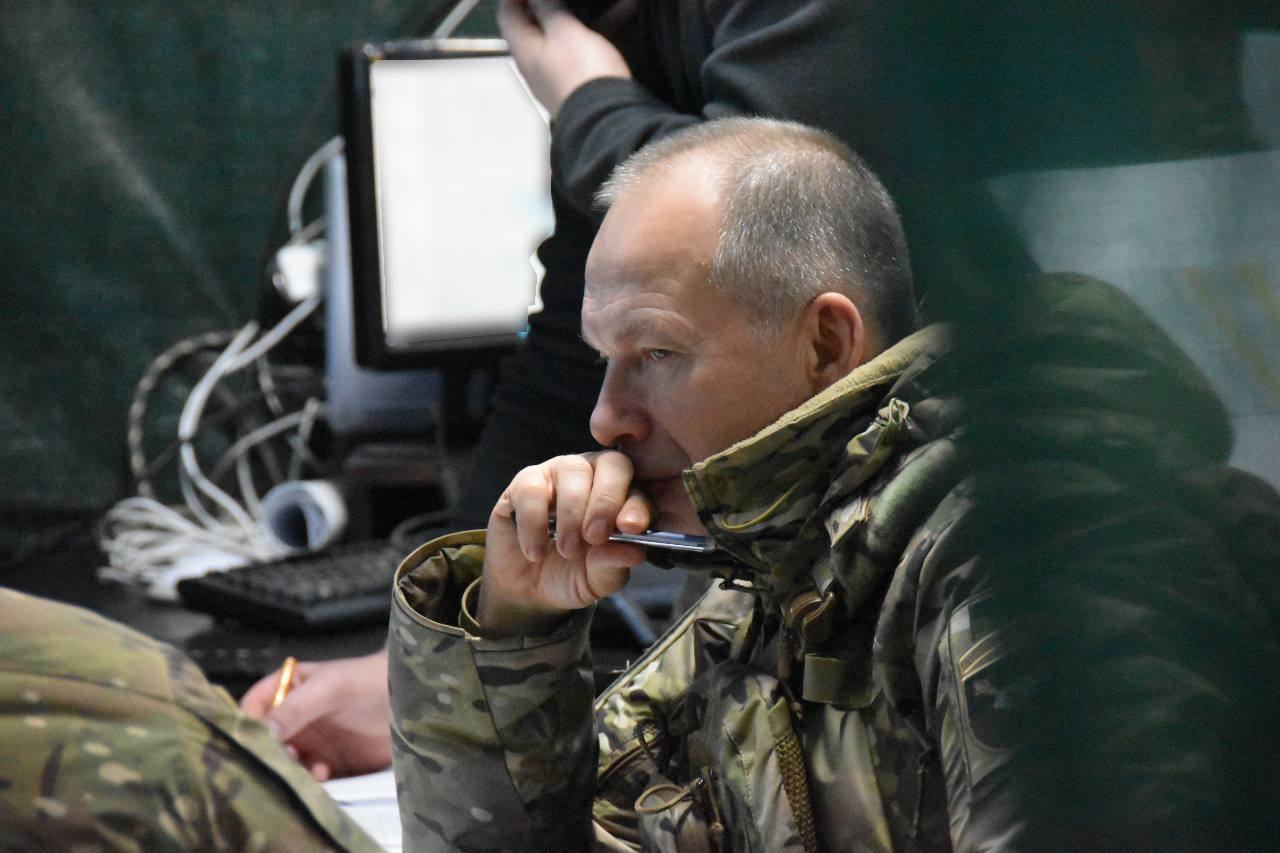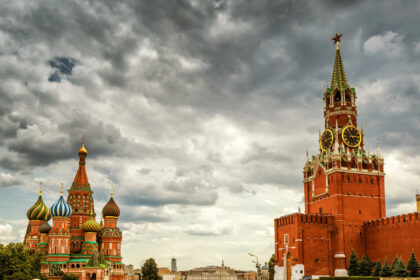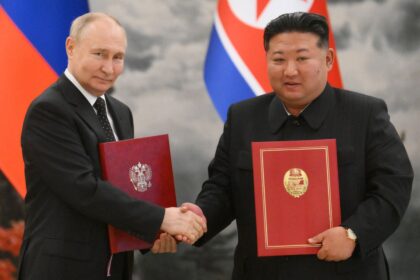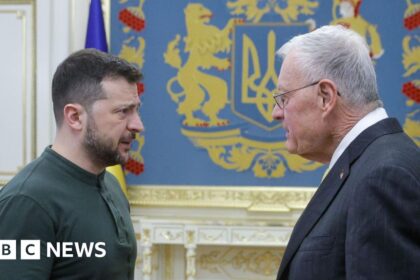**Ukraine Boosts Drone Intercepts to Counter Russian Attacks**
In a bid to counter the increasing number of drone attacks by Russia, Ukraine’s Commander-in-Chief, Oleksandr Syrskyi, has announced plans to rapidly expand the country’s ability to intercept and destroy Russian drones.
Syrskyi held a meeting with military leaders on June 14 to discuss ways to strengthen defenses against Russian strike drones, particularly the Iranian-designed Shahed drones used by Russia to target Ukrainian cities. He emphasized the need for a comprehensive approach that incorporates all available capabilities to counter the record number of drone attacks launched by Russia.
Russia has been escalating its drone attacks in recent weeks, launching as many as 400-500 unmanned aerial vehicles (UAVs) per night. The drones have been targeting energy infrastructure and residential buildings, causing significant damage and casualties.
**Improving Early Detection and Destruction**
To improve early detection of incoming drones and ensure their timely destruction, Ukrainian officials discussed ways to enhance the country’s air defense systems. Syrskyi set clear priorities for military leaders and tasked them with implementing measures to increase the number of drone interceptors.
The meeting was held just hours after Russia launched its own missile and drone assault on Ukraine. The attack was part of a larger escalation of violence by Russia, which has been targeting Ukrainian cities and infrastructure with increasing frequency in recent weeks.
**Ukraine’s Response**
Ukrainian forces have been using a mix of electronic warfare, air defense systems, and drone-on-drone interception to repel the assaults. The country’s Air Force has intercepted hundreds of drones and missiles in recent days, including 479 drones and missiles on June 9.
In response to Russia’s escalation, Ukraine’s armed forces launched their own strikes against critical facilities of Russia’s military-industrial complex overnight. The move was aimed at reducing Russia’s ability to produce explosives and ammunition.
**International Reactions**
The conflict between Ukraine and Russia has drawn international attention, with various countries offering support and condemnation of Russian actions. Iran and Israel continued to exchange attacks on June 14, more than 24 hours after Israel launched its first strikes on Iran’s nuclear sites and military leadership.
The United States opposed a push by other G7 members to lower the price cap on Russian oil from $60 to $45 per barrel, ahead of the group’s summit in Canada. The move was seen as an attempt to pressure Russia into reducing its oil exports.
**Ukraine’s Future in NATO**
As tensions between Ukraine and Russia continue to escalate, there are concerns about the security situation in Eastern Europe. Ukrainian officials have expressed concern over the security situation in the Middle East after Israeli air strikes against Iran.
In a separate development, Ukraine’s domestically developed short-range Sapsan ballistic missile has successfully completed combat testing and is in the process of serial production, according to Ukrainian media reports on June 13.
Read More @ kyivindependent.com












